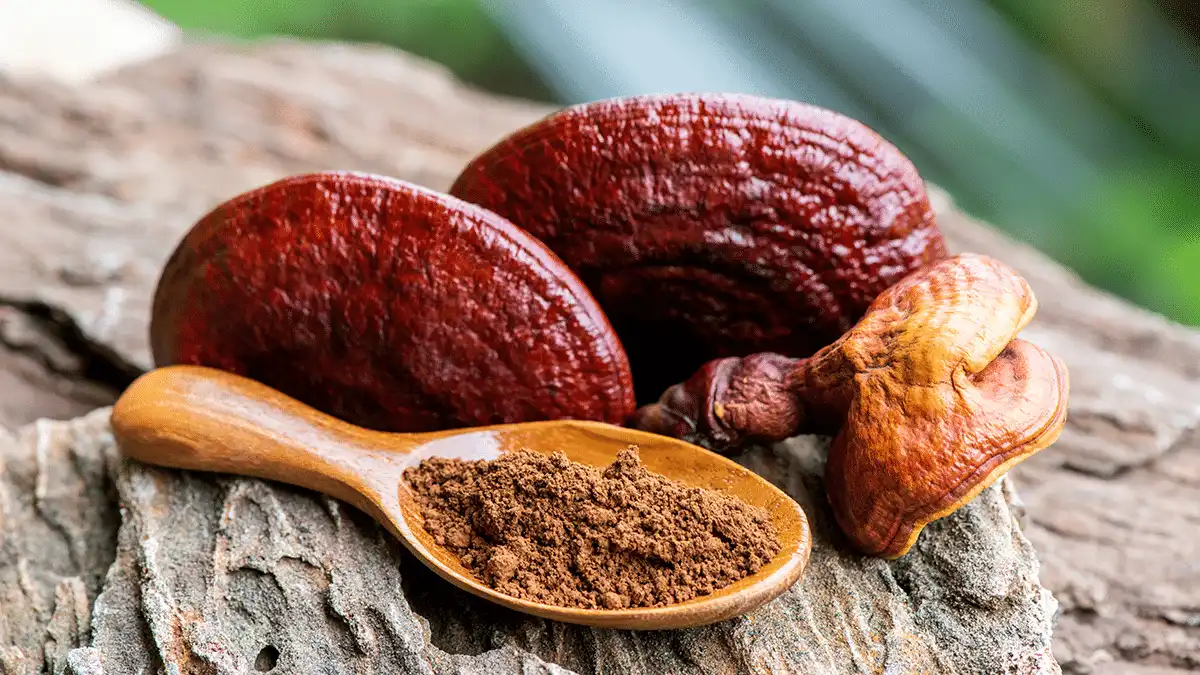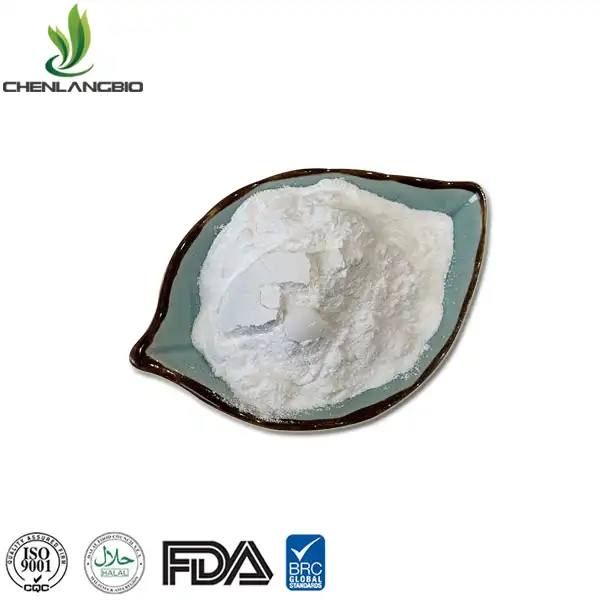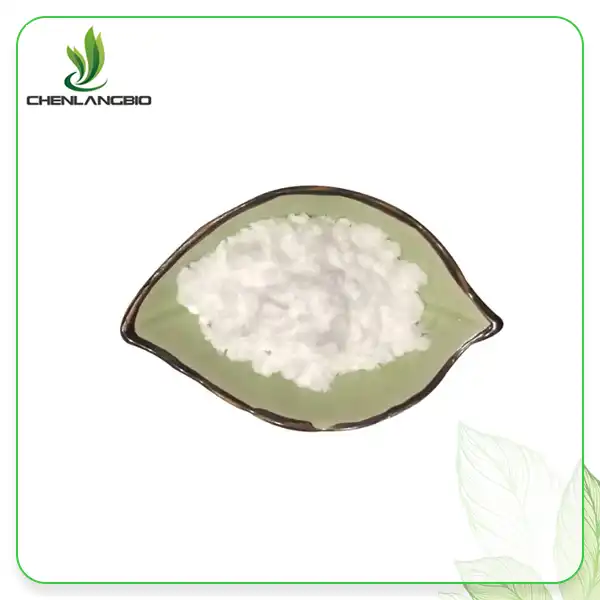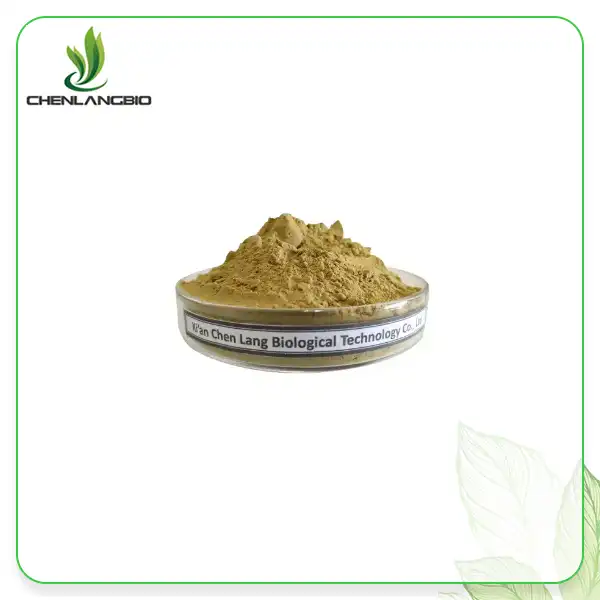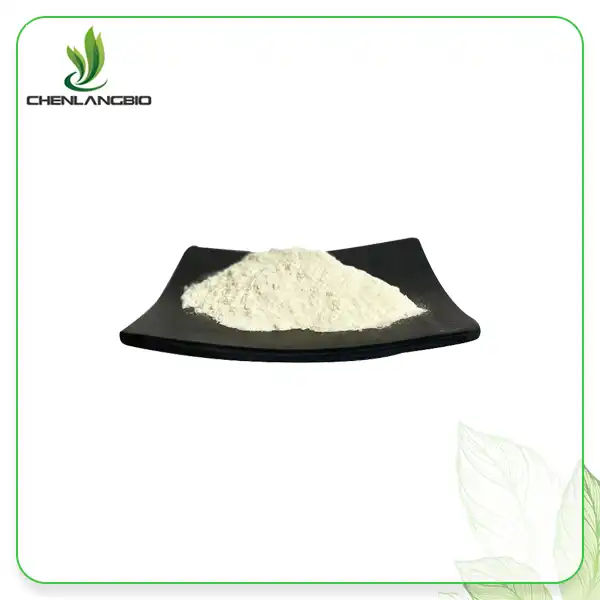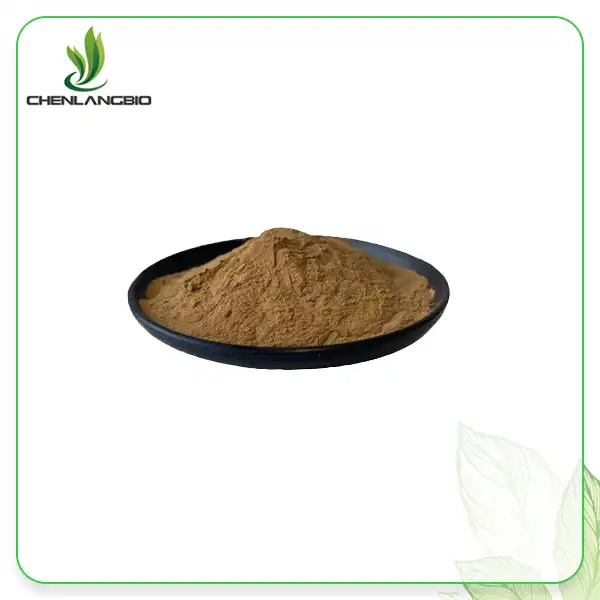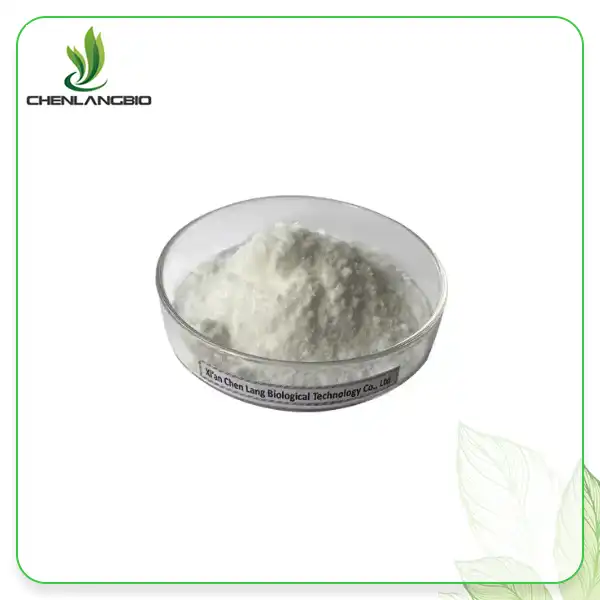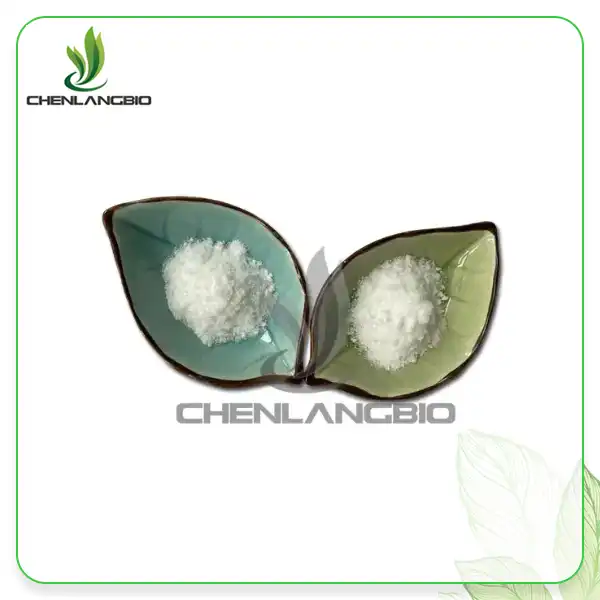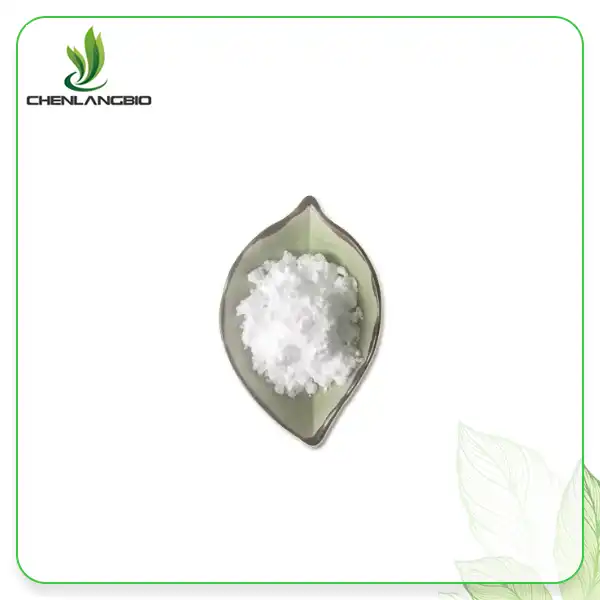How to Make Phellinus Linteus Tea?
2025-05-16 13:32:13
Phellinus Linteus, a medicinal mushroom known for its numerous health benefits, has been used in traditional medicine for centuries. Rich in bioactive compounds, it is often used in teas, extracts, and supplements to enhance overall health. Phellinus Linteus tea, made from the powdered form of this mushroom, is gaining popularity due to its potential to boost immunity, promote better digestion, and even support cancer-fighting properties. In this blog, we’ll walk you through the process of making Phellinus Linteus tea and share why this herbal infusion can be a beneficial addition to your wellness routine. Whether you're new to this mushroom or a seasoned fan, this guide will help you enjoy the many advantages of phellinus linteus extract powder in the form of tea.
What Is Phellinus Linteus and Why Is It Popular?
Phellinus Linteus is a type of polypore mushroom that grows on the trunks of trees, particularly in Asia. Often referred to as "black hoof" due to its dark, hoof-like appearance, it has been prized for its medicinal properties for thousands of years. The mushroom is rich in antioxidants, polysaccharides, and other bioactive compounds that are thought to support immune function and improve overall health. The extract of Phellinus Linteus is commonly used in traditional herbal medicine, particularly in Eastern cultures. Today, its popularity is increasing worldwide, as more people seek natural ways to boost health and prevent disease. One of the most accessible ways to enjoy its benefits is by making Phellinus Linteus tea, a soothing drink that incorporates the essence of this powerful mushroom. By brewing phellinus linteus extract powder into a tea, you can unlock its health-promoting properties in a simple, easy-to-consume form. But what exactly are the benefits of this mushroom, and how does it translate into tea form?
The Health Benefits of Phellinus Linteus Tea
Phellinus Linteus tea offers numerous health benefits, thanks to the bioactive compounds found in the mushroom. Here are a few reasons why this tea is becoming a popular choice for health-conscious individuals:
Immune System Support
Phellinus Linteus is packed with polysaccharides, particularly beta-glucans, which have been shown to help regulate and enhance the immune system. Regular consumption of this tea may strengthen the body’s natural defenses, helping to ward off infections and illnesses.
Antioxidant Properties
The tea contains powerful antioxidants that can neutralize free radicals in the body. Free radicals are unstable molecules that can cause oxidative stress, contributing to aging and various diseases. Drinking Phellinus Linteus tea regularly may help protect your cells from oxidative damage.
Anti-Inflammatory Effects
Phellinus Linteus has anti-inflammatory properties that can support joint health, reduce pain, and promote faster recovery after physical exertion. Regularly drinking the tea may help reduce chronic inflammation in the body, benefiting individuals with conditions like arthritis.
Potential Anti-Cancer Properties
Some studies have suggested that Phellinus Linteus may have anti-cancer effects, particularly due to its ability to enhance immune response and inhibit the growth of cancer cells. While more research is needed, the potential for cancer-fighting benefits makes this tea a highly valuable addition to a healthy lifestyle.
Digestive Health
Phellinus Linteus can help improve gut health by promoting a balanced microbiome and aiding in digestion. Drinking the tea may alleviate digestive issues like bloating, constipation, and indigestion, making it a great option for maintaining overall gut health.
Stress and Fatigue Reduction
The adaptogenic properties of Phellinus Linteus can help the body better cope with stress. Regular consumption of this tea may reduce feelings of anxiety and fatigue, making it an excellent option for those looking to improve mental clarity and relaxation.
How to Make Phellinus Linteus Tea?
Making Phellinus Linteus tea is a straightforward process, whether you’re using the whole mushroom, powdered extract, or a pre-made tea bag. Here’s how you can prepare this nourishing beverage at home.
Ingredients Needed:
- 1-2 teaspoons of phellinus linteus extract powder (or adjust to taste)
- 1 cup of hot water (about 8 oz)
- Honey or sweetener (optional)
- Lemon (optional)
Step-by-Step Instructions:
1. Boil Water
Start by boiling water to the desired temperature. Ideally, the water should be just below boiling point (around 200°F or 93°C), as this helps preserve the delicate compounds in the Phellinus Linteus extract.
2. Add Phellinus Linteus Extract Powder
Once the water is ready, add 1-2 teaspoons of phellinus linteus extract powder to your cup. Adjust the amount of powder according to your taste preferences. The more powder you add, the stronger the tea will be.
3. Pour Hot Water Over Powder
Pour the hot water over the powder, stirring gently to dissolve the extract. The powder will naturally blend into the water, forming a smooth, slightly cloudy liquid.
4. Steep for 3-5 Minutes
Allow the tea to steep for about 3-5 minutes. The longer you steep the tea, the more potent the flavor will be. If you prefer a milder taste, steep for a shorter time.
5. Optional Additions
If desired, you can add a teaspoon of honey or another sweetener to the tea to balance the earthy taste of Phellinus Linteus. A squeeze of lemon can also add a refreshing citrus twist to your tea.
6. Enjoy!
Once the tea has steeped and your preferred flavor adjustments have been made, it’s ready to drink! Sip slowly and enjoy the many health benefits Phellinus Linteus tea has to offer.
How to Enhance Your Phellinus Linteus Tea Experience?
To further enhance the benefits of your Phellinus Linteus tea, consider combining it with other superfoods or adaptogens. Here are a few ideas for creating a customized tea blend:
Phellinus Linteus and Ginger Tea
Add fresh ginger slices to your Phellinus Linteus tea to give it a spicy kick and additional anti-inflammatory benefits. Ginger also aids in digestion, making this combination ideal for digestive health.
Phellinus Linteus and Turmeric Tea
Turmeric, with its active compound curcumin, is well-known for its potent anti-inflammatory effects. By combining it with Phellinus Linteus, you can create a super-healthy beverage that supports your immune system and reduces inflammation.
Phellinus Linteus and Green Tea
For an added boost of antioxidants, try blending Phellinus Linteus with a cup of green tea. Green tea is rich in catechins, which are also powerful antioxidants that can work synergistically with Phellinus Linteus to fight oxidative stress.
Phellinus Linteus and Lemon Balm Tea
Lemon balm has calming properties and may help relieve stress and anxiety. Combining it with Phellinus Linteus can create a relaxing, soothing tea perfect for unwinding after a long day.
Conclusion
Phellinus Linteus tea is a delicious and healthy way to harness the benefits of this powerful medicinal mushroom. By incorporating phellinus linteus extract powder into your tea, you can enjoy improved immune function, enhanced digestion, reduced inflammation, and even potential cancer-fighting benefits. Whether you’re sipping it on a quiet morning or after a long day, this tea can be a great addition to your wellness routine. Experiment with different flavor combinations and enjoy the natural healing powers of this remarkable mushroom. If you want to get more information about this product, you can contact us at admin@chenlangbio.com.
References
1. Zhang, Y., et al. (2020). "The medicinal properties of Phellinus Linteus and its potential therapeutic effects." Journal of Ethnopharmacology.
2. Lee, K., et al. (2019). "Phellinus Linteus as an anti-cancer agent: A review of current literature." Phytotherapy Research.
3. Kwon, D., et al. (2018). "Immunomodulatory effects of Phellinus Linteus in human health." Journal of Immunology.
4. Liu, Y., et al. (2021). "Antioxidant and anti-inflammatory activities of Phellinus Linteus: Potential applications in healthcare." International Journal of Molecular Sciences.
5. Wang, X., et al. (2022). "Health benefits and clinical applications of Phellinus Linteus." Medicinal Plants Research.
6. Choi, H., et al. (2023). "Phellinus Linteus and its role in enhancing gut health." Journal of Digestive Health.
Send Inquiry
Related Industry Knowledge
- Is Ascorbyl Tetraisopalmitate Safe During Pregnancy?
- What Skincare Products Contain Dimethylmethoxy Chromanol
- Rutecarpine Powder for Beginners: Benefits and Dosage
- Is Bergenia Invasive
- Should I Use Bakuchiol or Vitamin C
- How Do You Use Magnesium Ascorbyl Phosphate
- What is Shilajit Extract Powder
- when Should I Take Marigold Extract Powder Lutein Morning or Night
- Does Tribulus Terrestris Extract Powder Work
- What Benefits of Honokiol Powder

